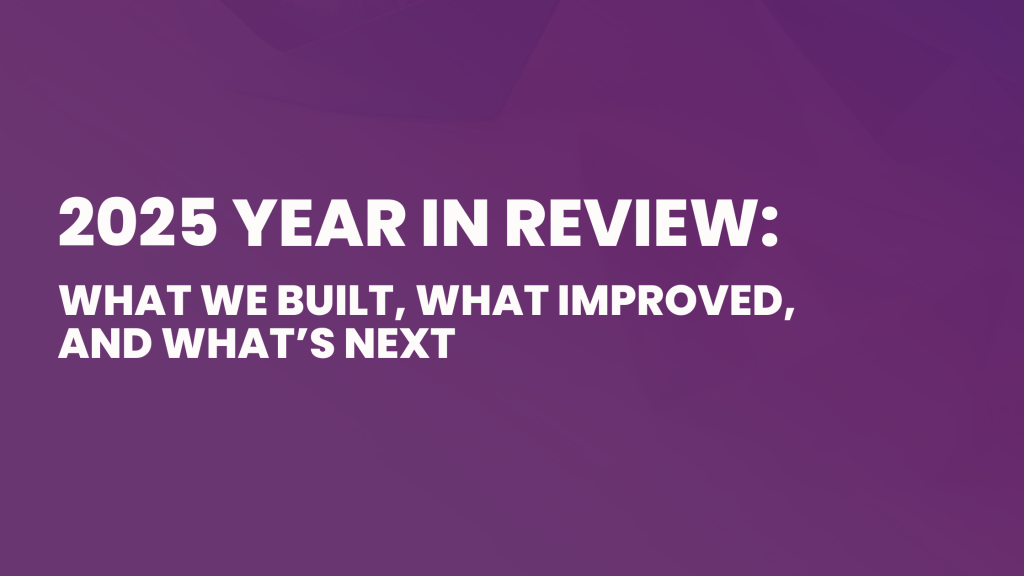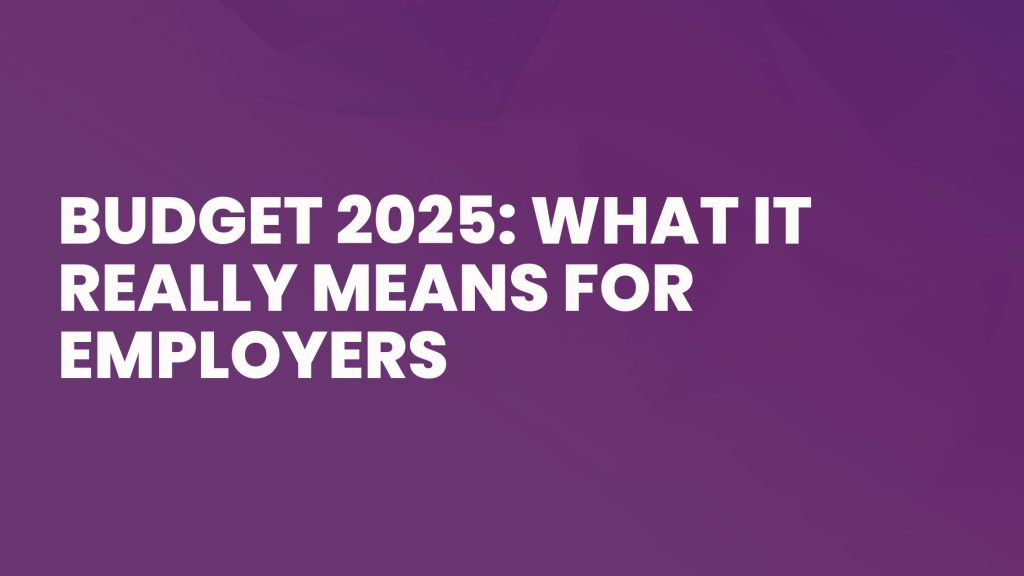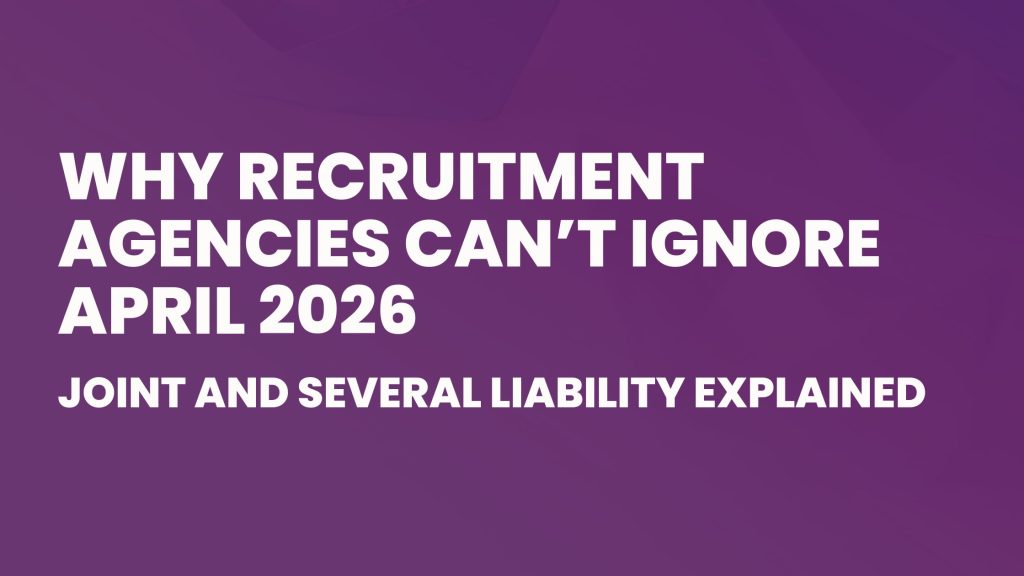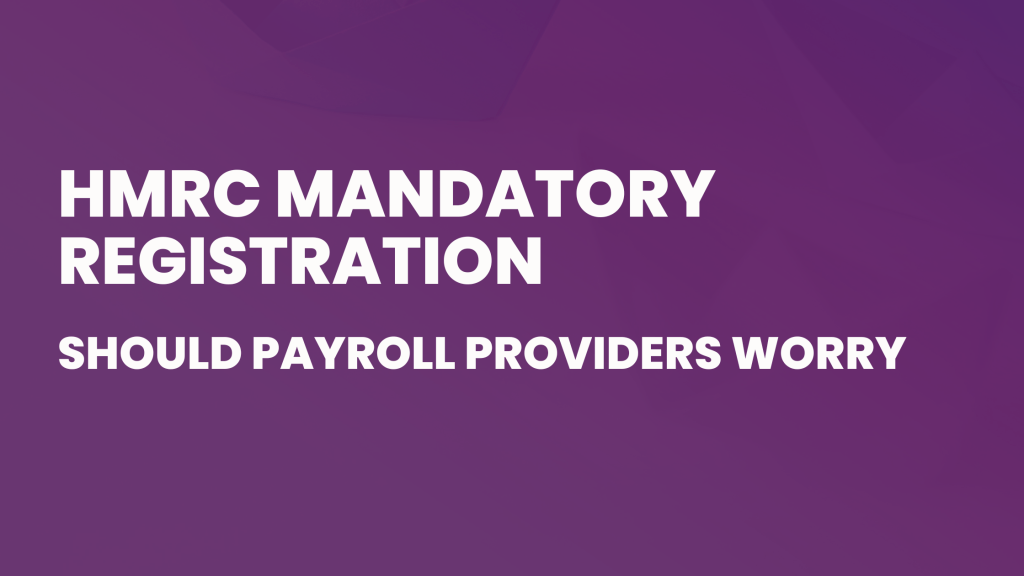Introducing Our New Knowledge Base

We’ve launched a new Intelligent Payroll Knowledge Base to make everyday payroll questions easier to answer quickly, clearly and with confidence, with support still there when it matters.
Supporting Grassroots Football in Our Community

Why supporting grassroots football matters to Intelligent Payroll, and how we’re giving back to our local community.
2025 Year in Review: What We Built, What Improved, and What’s Next

Salary sacrifice is changing, but the headlines missed the real story. Employers still have a three year window to unlock the full NIC advantage before the rules tighten, and those who act early will see the biggest gains.
Salary Sacrifice After the Budget: What Employers Can Still Gain Before 2029

Salary sacrifice is changing, but the headlines missed the real story. Employers still have a three year window to unlock the full NIC advantage before the rules tighten, and those who act early will see the biggest gains.
Budget 2025: What It Really Means for Employers

What Budget 2025 means in practice for employers. This briefing explains how the changes to National Living Wage, salary sacrifice pensions and benefit payrolling will affect payroll costs, compliance and workforce planning over the next two years.
Mandatory Payrolling of Benefits

If your business provides employee benefits — like private medical insurance, company cars, or gym memberships — there’s a big change on the horizon.
From April 2027, HMRC will make payrolling of Benefits in Kind (BiKs) mandatory.
While the change was originally planned for April 2026, the rollout has been delayed by one year. That extra time is welcome — but it doesn’t remove the issue at the heart of this reform:
⚠️ a potential double taxation effect in the first year of operation.
Here’s what you need to know if paying staff early this Christmas 2025!

Paying staff early this Christmas 2025?
Learn the critical PAYE reporting rule to prevent a Universal Credit shock that could reduce employee benefits by up to 55%.
Christmas Office Closure 2025

Christmas Office Closure 2025 We’re closing our offices for the Christmas period this year so our team can take a well-deserved break with their families. Here are the key dates: Office closes: Monday 22nd December 2025 at 5pm Limited emergency cover: Monday 29th December (skeleton staff only) Office reopens: Friday 2nd January 2026 at 9am What you need […]
Joint and Several Liability: Why Recruitment Agencies Can’t Afford to Ignore April 2026

From April 2026, recruitment agencies will be jointly and severally liable for unpaid PAYE and NIC from umbrella companies, making supply chain compliance a business-critical priority.
Read on to see whats changing and how you can best be prepared.
HMRC Confirms Mandatory Registration for Payroll Providers: What It Means and Why It Matters

From April 2026, payroll providers and tax agents who interact with HMRC on behalf of clients will be legally required to register and meet a new set of minimum standards.
Read on to see whats changing and how you can best be prepared.
